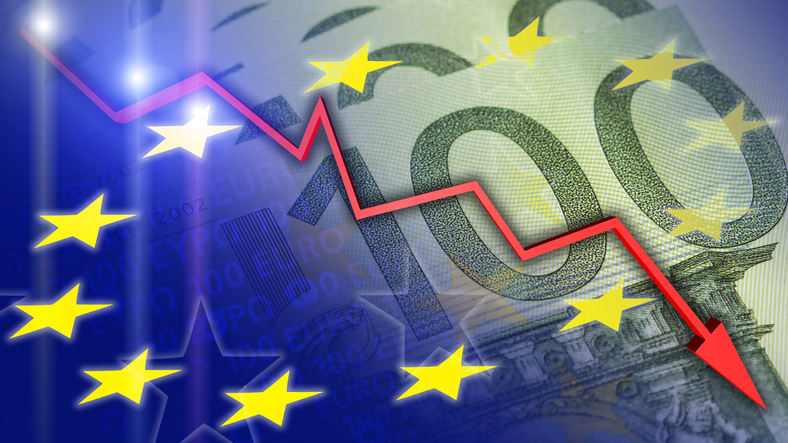European stocks slid heavily into the European close as growth concerns in the eurozone started to weigh on European stocks as the U.S. market remained away on holiday.
In Europe the declines were over 1% for some of the major indices, with the Stoxx 600 falling by-1.1% and the German DAX losing-1.0% and the French CAC -1.1%.
Other losses were seen in the periphery in Europe with the Italy MIB losing -0.4% and the Spanish IBEX losing -0.7%. Last week all these indices made major gains.
No real major moves were seen in the FX market with the GBPUSD remaining above the 1.2800 level at 14-month trading highs and the EURUSD above the 1.0900 level.
We also saw some data releases this afternoon. However, PPI was the biggest mover for markets as inflation showed a stronger decline than markets were showing.
Data showed that Industrial producer prices in Canada slid by 1% over a month in May of 2023, compared with market expectations of a 0.7% fall and following an upwardly revised 0.6% decline the month before.
It was the 2nd consecutive month of producer deflation and the most pronounced since August 2022, as prices continued to fall for energy and petroleum products (-5.9%), with diesel fuel (-8.5%) and finished motor gasoline (-2.9%) contributing the most to the decline.
Prices also decreased for primary non-ferrous metal products (-2.8%) and primary ferrous metal products (-1.3%), partially attributable to slowing global economic conditions and output surpassing demand, especially in China.
Additional downward pressure came from prices of intermediate food products (-3.8%) and pulp and paper (-1.8%). On a yearly basis, producer prices slumped by 6.3% in May, the most since October 2009, compared with market forecasts of a 5.8% slump.




